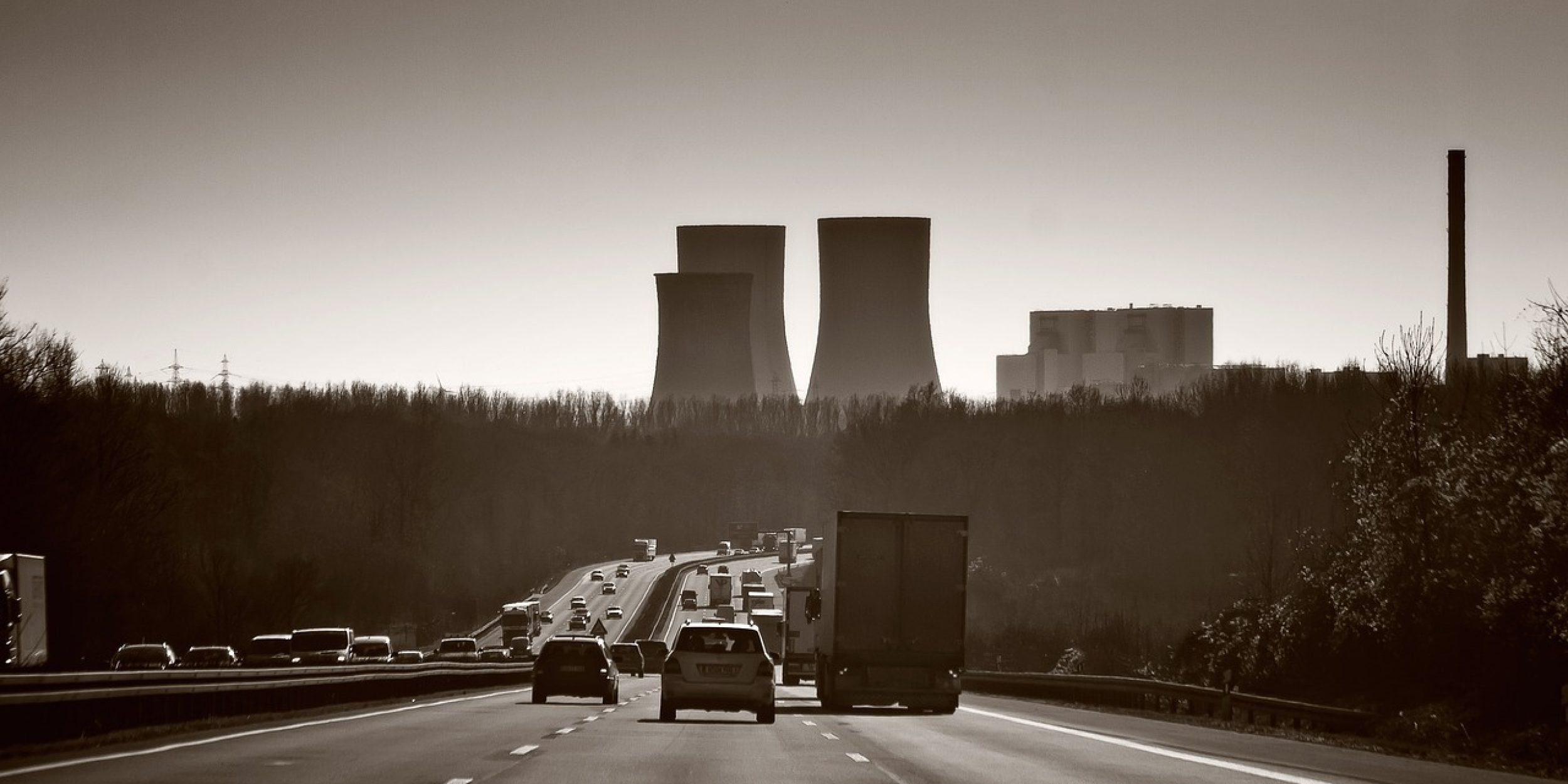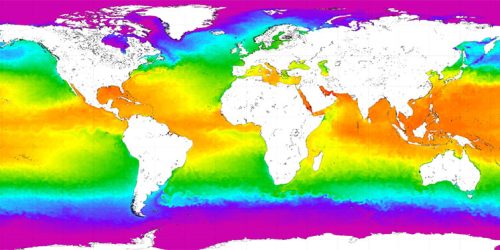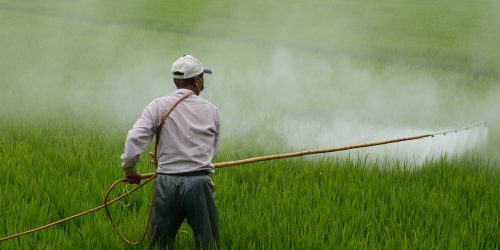Nitrogen reacts with oxygen and other chemical compounds to form atmospheric oxides, which significantly impact the chemical composition of our atmosphere, human and environmental health, and broader climate processes. These gases can be produced by a range of natural and anthropogenic sources including fossil fuel combustion and wildfires. The atmospheric chemistry research community has developed new methods to track the emission sources of these gases and their key chemical reactions by analyzing the stable isotopes of nitrogen and oxygen in the gas compounds. However, there is a lack of a well-established method to simultaneously differentiate and quantify the concentration and isotopic composition of multiple groups of nitrogen oxides.
A newly published study, funded by the Climate Program Office’s Atmospheric Chemistry, Carbon Cycle and Climate (AC4) Program, describes an improvement to this method to better understand the sources and chemistry of the atmospheric oxides of nitrogen. An international group of researchers, including AC4-supported scientists Wendell Walters of Brown University and Nga Lee “Sally” Ng of the Georgia Institute of Technology conducted a controlled laboratory experiment using a series of tubes which detect multiple types of nitrogen oxides and the isotopes within them as gas flows through. The new study, published in Analytical Chemistry, expands the experiment’s utility to be able to differentiate between the two gases detected in the experiment, as previous work was limited to one at a time. Further use of this technique will help us better understand atmospheric chemistry as well as monitor the causes and effects of nitrogen oxide pollution. This work was supported by AC4 to improve our understanding of reactive nitrogen species in our atmosphere by using and refining laboratory experiments.










